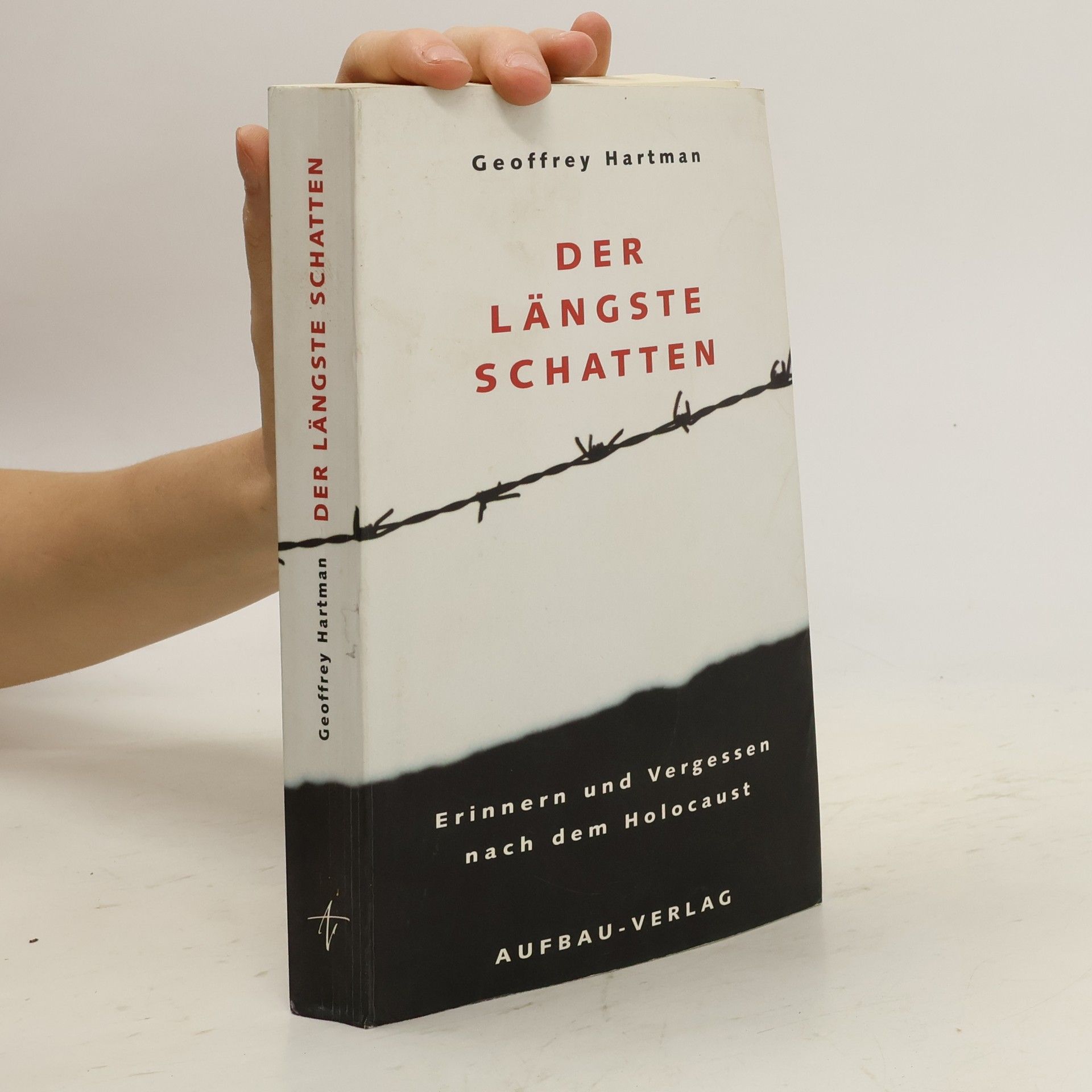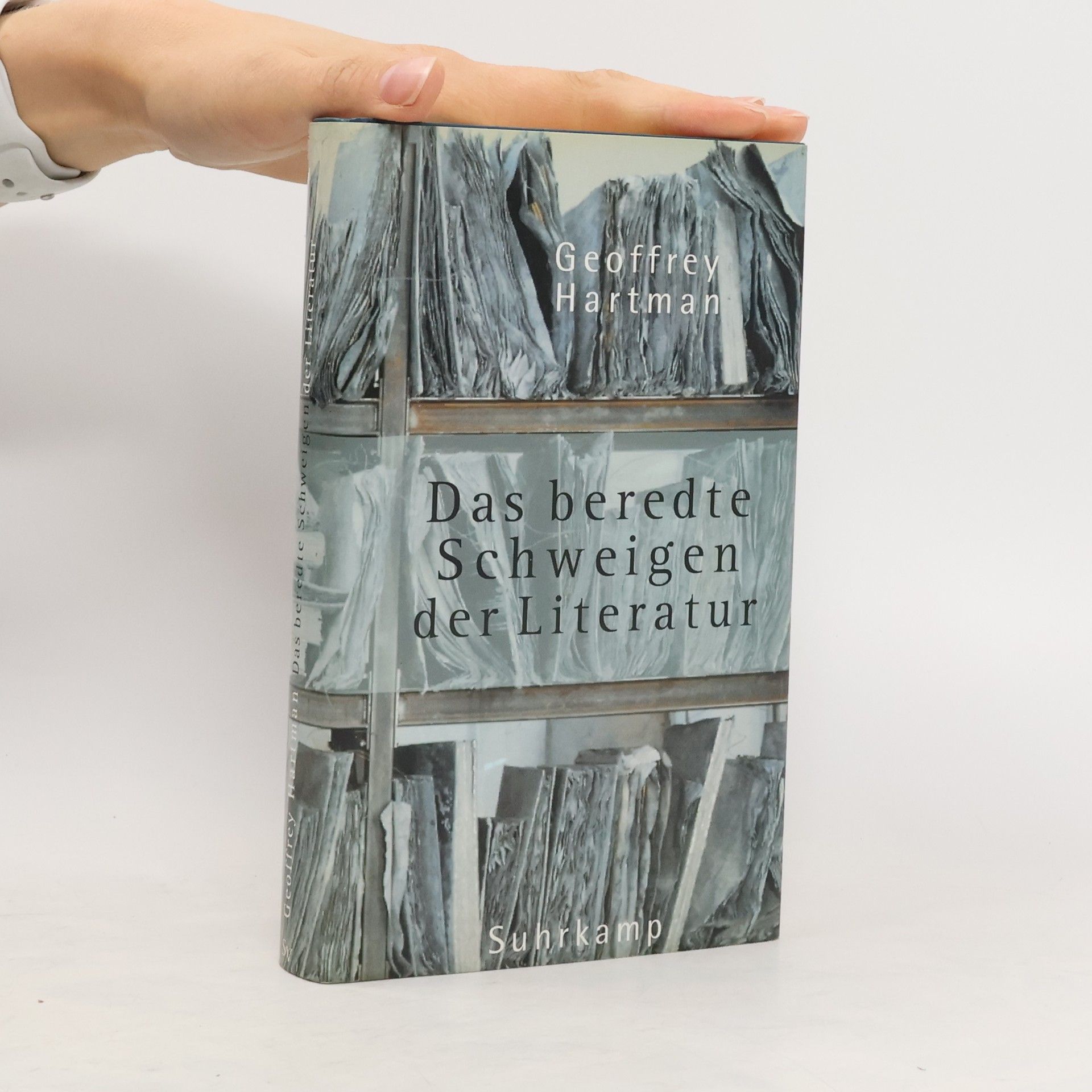Das beredte Schweigen der Literatur
- 297pagine
- 11 ore di lettura
Frankfurt 2000, Pappband ,mit Schutzumschlag, 197 Seiten, 8°, schönes Exemplar,
Geoffrey H. Hartman è stato un critico letterario il cui lavoro ha affrontato poeti romantici, testi sacri giudaici, studi sull'Olocausto, decostruzione e il funzionamento della memoria. Considerato uno dei massimi studiosi letterari del mondo, fu associato alla "Scuola di Yale" di teorici letterari, noti per il loro approccio radicato nella decostruzione. Hartman sostenne che la critica dovesse porsi su un piano di parità con la letteratura, fungendo essa stessa da forma letteraria. I suoi studi hanno esplorato in profondità la natura del trauma, della memoria e della testimonianza, influenzati dalle sue esperienze belliche.


Frankfurt 2000, Pappband ,mit Schutzumschlag, 197 Seiten, 8°, schönes Exemplar,